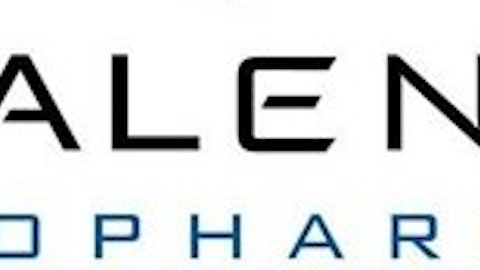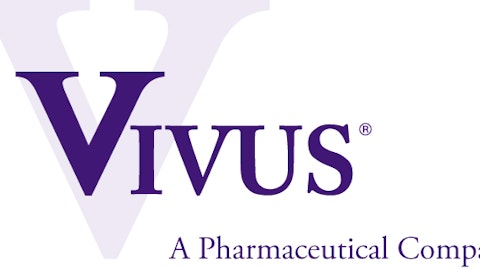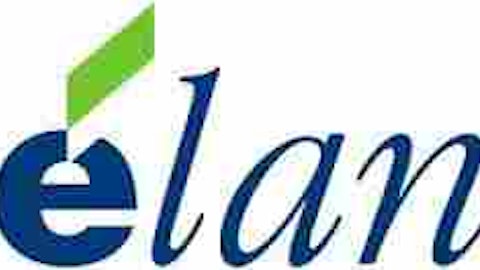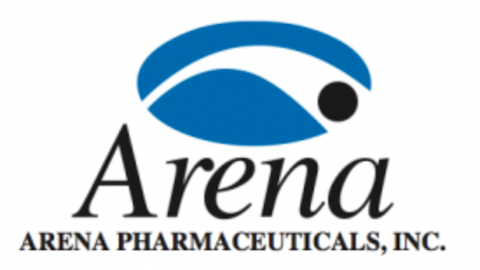
Fast-forward to 2013. Many investors are excited about the prospects for a new weight-loss drug on the market from Arena Pharmaceuticals, Inc. (NASDAQ:ARNA). Many are disappointed by the sluggish start for VIVUS, Inc. (NASDAQ:VVUS)‘s Qsymia. And some are hopeful for potential drugs on the way from Orexigen Therapeutics, Inc. (NASDAQ:OREX).
Meanwhile, Xenical still reigns as the most-used obesity drug. Are there lessons to be learned from this weight-loss drug that investors likely forgot? Let’s take a look.
The tortoise and the hare
Xenical quickly became one of Roche Holding Ltd. (ADR) (OTCBB:RHHBY)’s top-selling drugs and “exceeded expectations by a substantial margin” in the U.S. after its launch. In 2001, sales for Xenical reached $600 million — not bad, but not blockbuster status. Unfortunately, that also marked the peak for the drug. By 2004, sales were down to $464 million, and GlaxoSmithKline plc (ADR) (NYSE:GSK) bought the rights to sell the drug over-the-counter in the U.S. under the brand name Alli.
The lesson for today’s investors is that of the old story about the tortoise and the hare. A quick start doesn’t always win the race. That could be comforting for VIVUS, Inc. (NASDAQ:VVUS) investors. Qsymia sales in the first quarter totaled $4.1 million, well below analysts’ expectations. This slow start added fuel to the fire for efforts by activist investor First Manhattan to replace VIVUS, Inc. (NASDAQ:VVUS)’s management team.
Arena Pharmaceuticals, Inc. (NASDAQ:ARNA) investors were excited about initial sales results for Belviq. That quick start is good news, but the real key for Arena Pharmaceuticals, Inc. (NASDAQ:ARNA) will be to sustain solid sales. Remember: Xenical started out as a hare and morphed into a tortoise.
The real tortoise of today could be Orexigen Therapeutics, Inc. (NASDAQ:OREX). While Arena Pharmaceuticals, Inc. (NASDAQ:ARNA) and VIVUS, Inc. (NASDAQ:VVUS) battle with their drugs already on the market, Orexigen’s Contrave has yet to gain FDA approval. The company hopes to secure that go-ahead in 2014. If its large cardiovascular study goes well, Orexigen could be in position to succeed over the long run — especially with its partnership with Takeda for commercialization of Contrave.
Market potential is still just potential
The number of obese individuals was high in the early years for Xenical. GlaxoSmithKline plc (ADR) (NYSE:GSK) and Roche touted the market potential of 129 million Americans at risk for serious health concerns due to being obese or overweight. In 1999, analyst Rene Nordmann said that Xenical “will reach peak sales of up to $1 billion worldwide after five years.” It didn’t happen.
GlaxoSmithKline put Alli (its non-prescription version of Xenical) up for sale in 2011 along with a block of other over-the-counter drugs, although the company delayed the sale due to manufacturing problems. Despite a big marketing push, sales disappointed to the point where Glaxo didn’t even break out Alli sales beginning in 2010.





